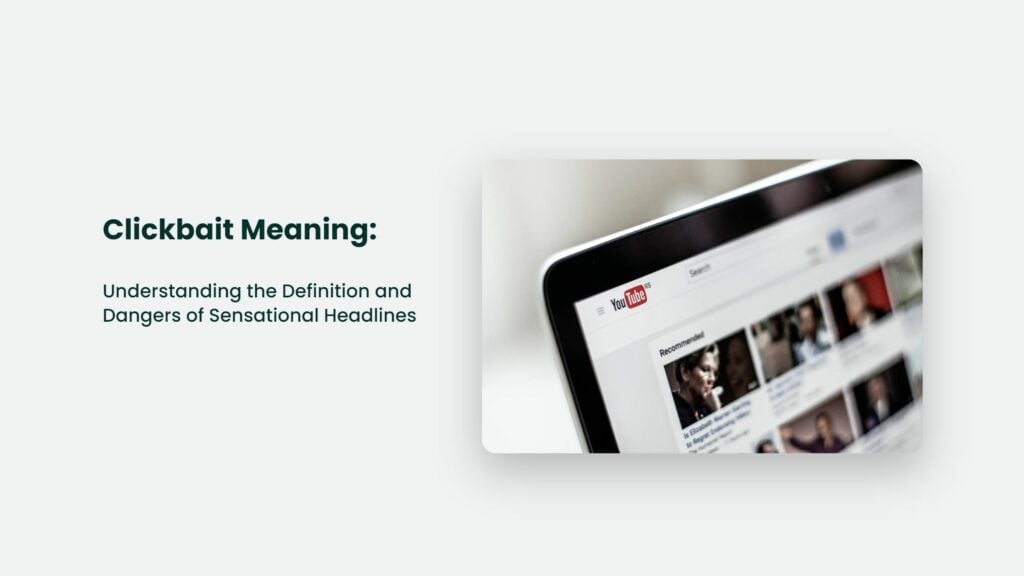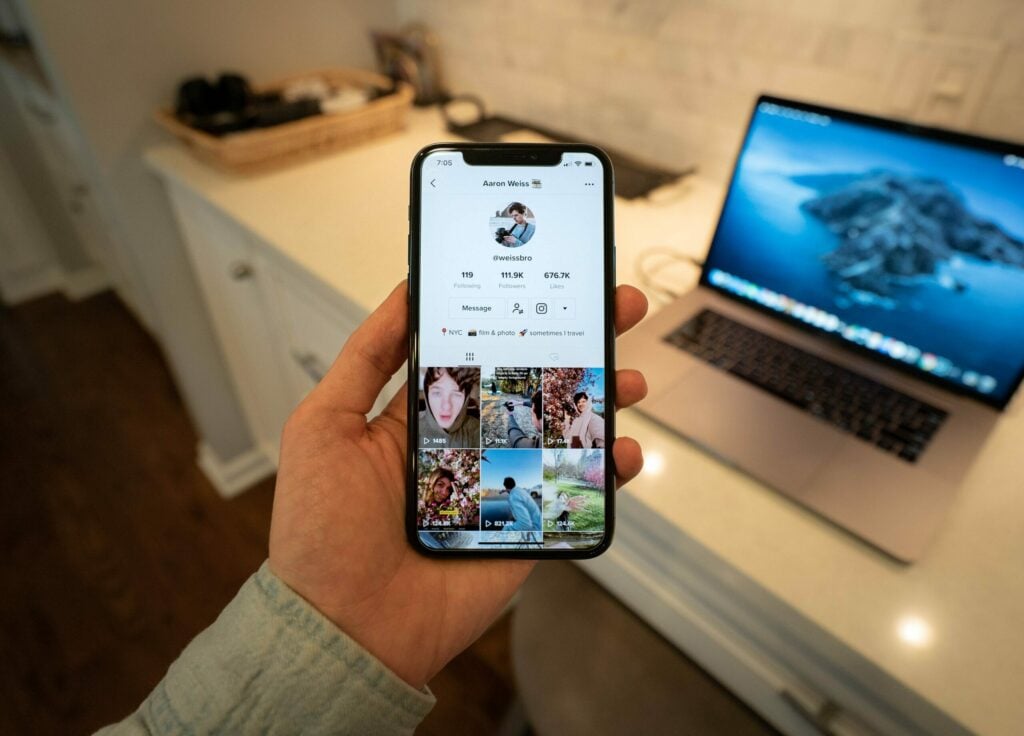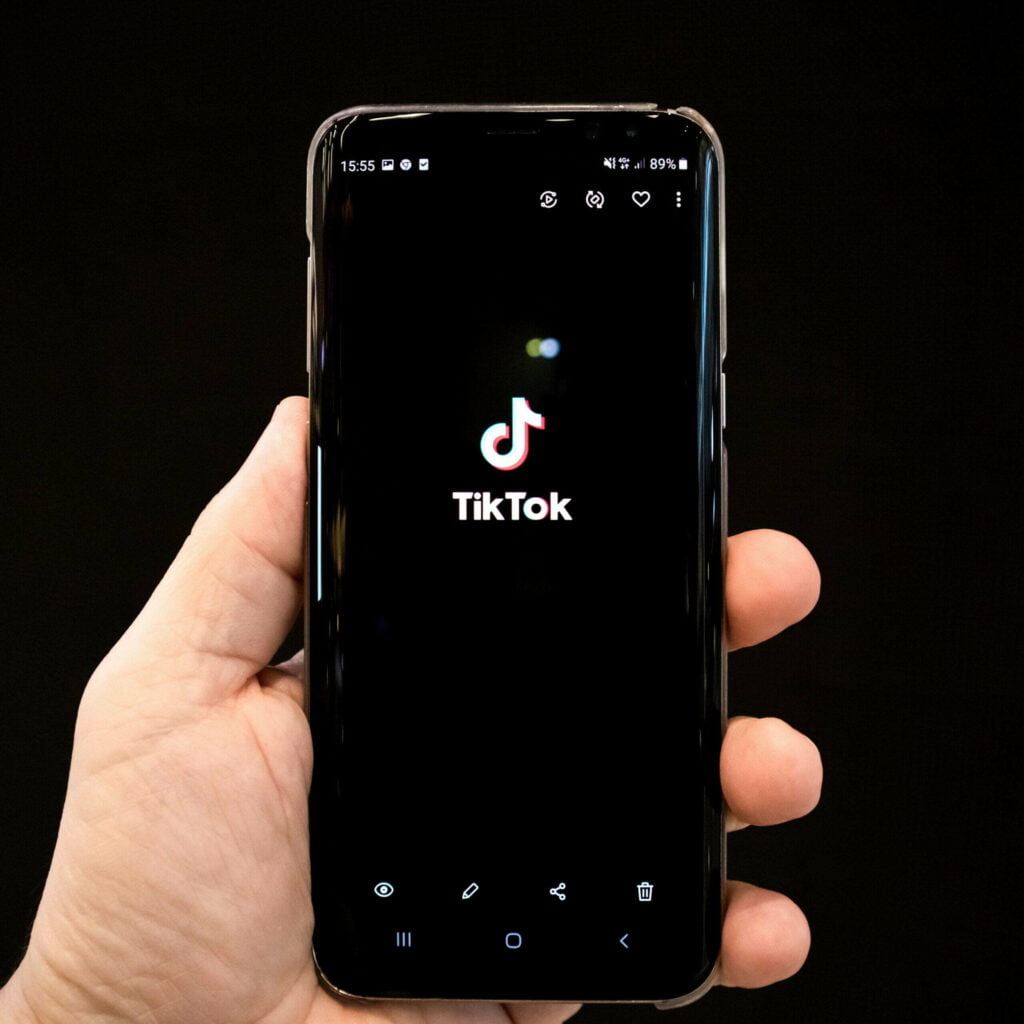As a digital native and content creator, I’ve seen it all. From funny memes to heart-wrenching news stories, the internet is a melting pot of information and emotions. But I just can’t stand one type of content – clickbait. You know, the kind, the headlines that promise the world but deliver nothing but disappointment.

But what exactly is clickbait meaning, and why is it so prevalent on the internet?
Clickbait Meaning:
Clickbait content uses sensational or misleading headlines to entice people to click on a link and read more. The goal of clickbait is to generate clicks, not to provide valuable information or insights.
Think of it as the digital equivalent of a carnival barker, trying to lure you into the tent with promises of wonders beyond your wildest dreams. But once you’re inside, you realize it’s just a cheap trick.
Why is Clickbait So Popular?
Clickbait is popular because it works. People are naturally curious and love to be entertained; clickbait headlines tap into that curiosity and promise to deliver the goods. Once people click the link, they’re disappointed that the content doesn’t match the headline.
But here’s the thing – clickbait isn’t just disappointing; it’s also dangerous. Clickbait headlines are often used to spread false information or direct people to websites filled with malware or malicious content. So, it’s not just a case of feeling let down; it’s a case of putting your personal information and security at risk.
How to Spot Clickbait
So, how can you spot clickbait and avoid falling for it? Here are a few tips:
- Sensational Headlines: If the headline promises something that seems too good to be true, it probably is.
- Lack of Information: Clickbait headlines often give very little information about the content of the article, leaving you guessing and curious to find out more.
- Emotional Language: Clickbait headlines often use emotional language to pull you in, such as “You won’t believe what happened next!” or “This will shock you!”
- Clickbait Websites: Some websites are notorious for publishing clickbait articles. If you find yourself on one of these sites, be cautious and check the credibility of the information before clicking on any links.
Frequently Asked Questions:
Why is clickbait popular?
Clickbait is popular because it works. People are naturally curious and love to be entertained, and clickbait headlines tap into that curiosity and promise to deliver the goods.
The Bottom Line
Clickbait may be tempting, but it’s not worth it. The headlines promise the world, but the content is often disappointing and can even put your personal information and security at risk. So, the next time you see a headline that seems too good to be true, take a step back, think twice, and avoid falling for clickbait.




